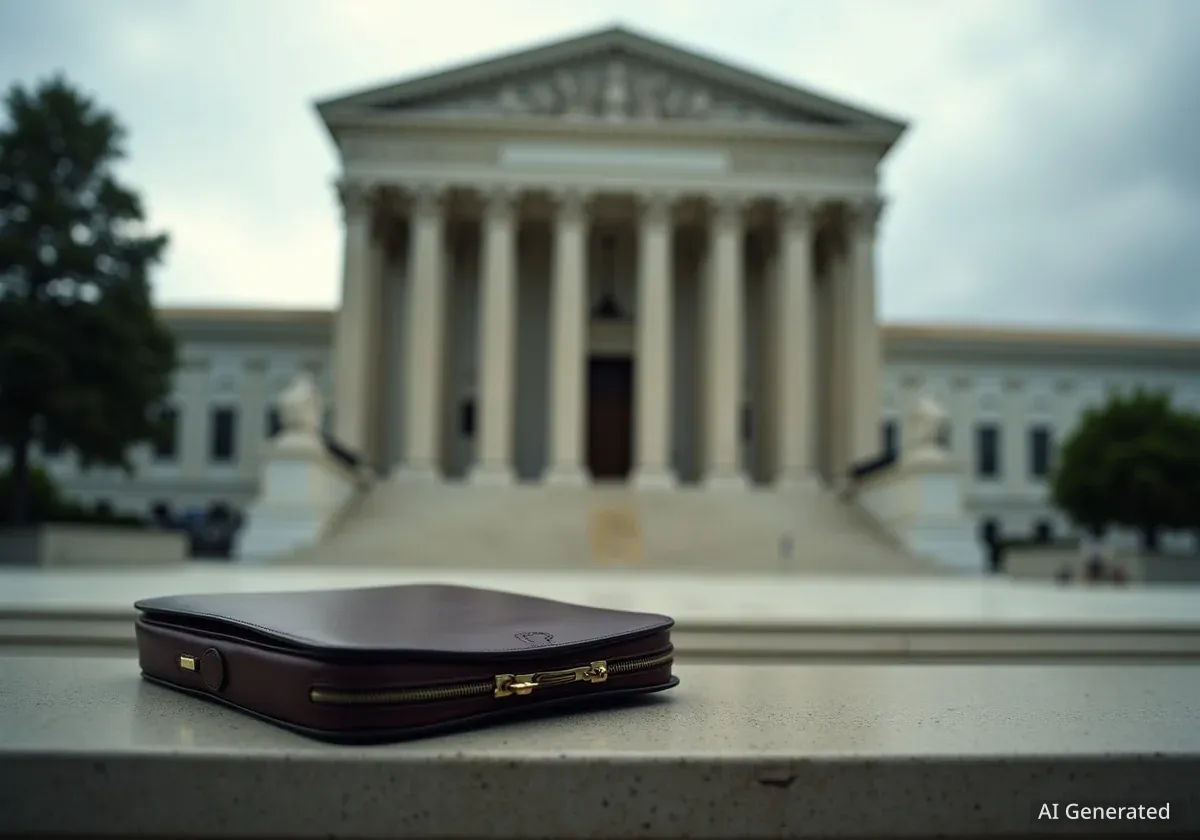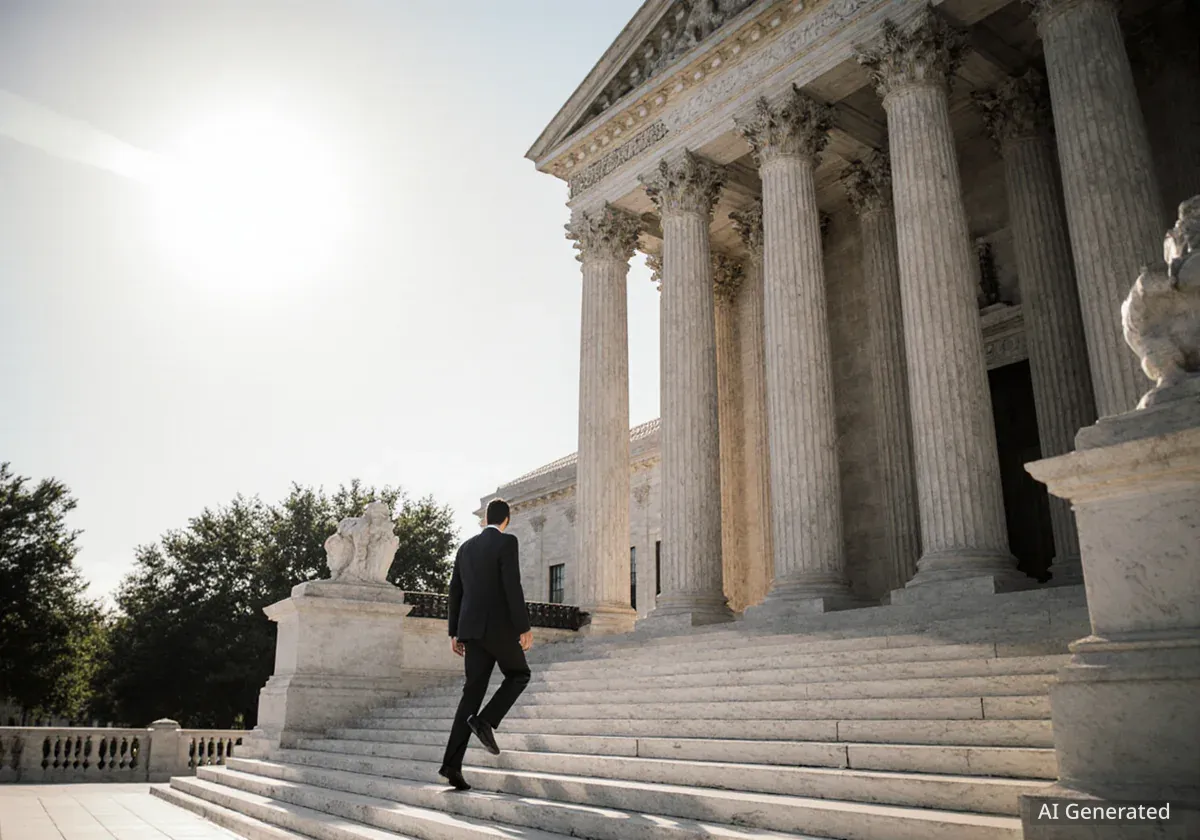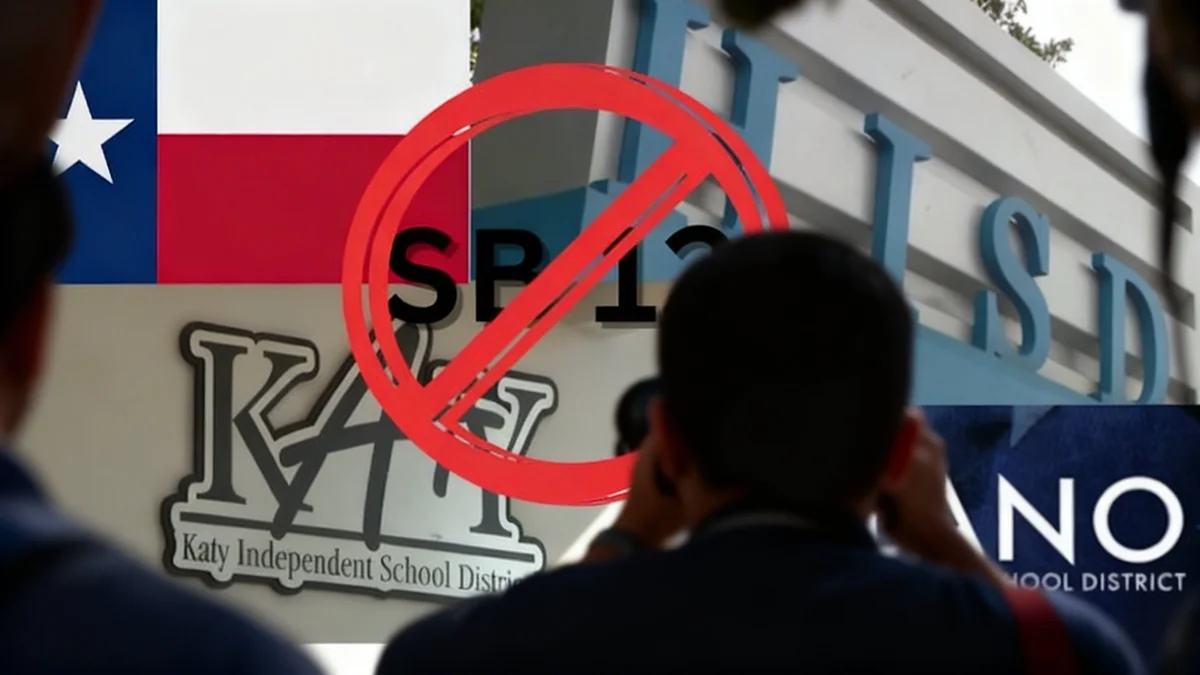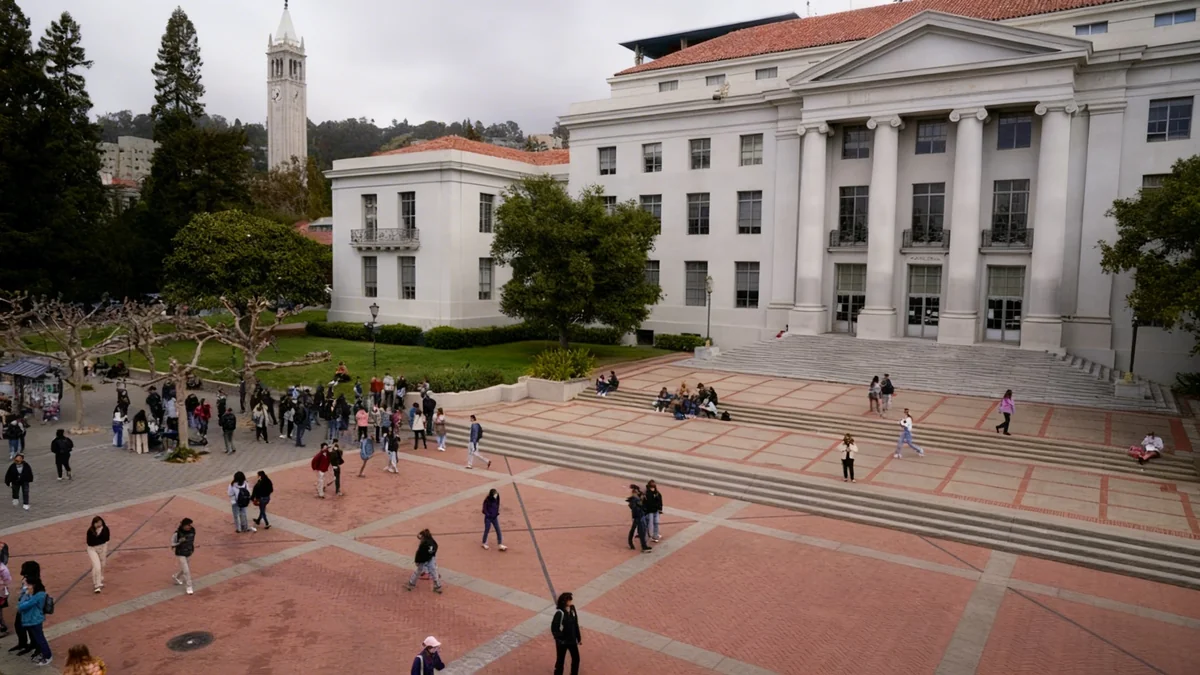The Michigan Supreme Court will hear arguments in a case where two former law professors accuse Michigan State University of misrepresenting its obligations following the university's integration of the Detroit College of Law. The case centers on whether the university fraudulently concealed a transfer agreement that made it liable for the former law school's contracts.
Key Takeaways
- The Michigan Supreme Court has agreed to hear a case involving Michigan State University and two former professors from the Detroit College of Law (DCL).
- Professors Amy and Robert McCormick allege MSU misrepresented its responsibility for DCL's contractual obligations after a 2020 merger.
- The couple claims they were led to believe MSU would not assume DCL's liabilities, causing them to initially sue only the DCL.
- Lower courts, including the Michigan Court of Appeals, have previously sided with the McCormicks, allowing their claim of fraudulent concealment to proceed.
Background of the Dispute
The legal conflict stems from the 2020 integration of the Detroit College of Law (DCL) into Michigan State University, creating the MSU College of Law. Amy and Robert McCormick, both tenured faculty members at DCL, had previously negotiated specific employment and retirement agreements with their institution in 2013.
Robert McCormick agreed to retire in exchange for certain benefits. Amy McCormick resigned her tenured position but arranged to continue as an emeritus professor, teaching one course per year while retaining her existing healthcare coverage. These agreements formed the basis of the contractual obligations now in question.
The Merger Agreement
When DCL began the process of fully integrating with MSU, a memorandum of understanding stipulated that all DCL employees would be terminated on December 31, 2019. They were then offered new employment at the newly formed MSU College of Law, starting January 1, 2020. Amy McCormick declined this offer of employment.
A key document in the case is the asset purchase agreement between the two institutions. This agreement detailed that MSU would assume and be responsible for discharging all liabilities and obligations of the original Detroit College of Law. The timing of when this agreement was disclosed is a central point of contention.
Allegations of Misrepresentation
The core of the McCormicks' lawsuit is the claim that they were misled about MSU's role in the transition. According to their amended complaint, they were given information that suggested MSU would not be responsible for DCL's existing liabilities, including their contractual agreements.
The couple alleges that a DCL dean informed Amy McCormick the integration was structured as a sale of assets, not a merger. This distinction implied that MSU would not automatically inherit DCL's debts and obligations. Furthermore, they claim an MSU attorney explicitly stated that any contract claim should be filed against DCL, not the university.
Timeline of Events
- 2013: The McCormicks agree to resignation and retirement contracts with DCL.
- 2019: DCL employees are terminated ahead of the full integration with MSU.
- 2020: The MSU College of Law officially begins operations.
- May 2022: MSU notifies the McCormicks of the transfer agreement that assigns DCL's liabilities to the university.
- September 2022: The McCormicks file a claim against MSU, alleging fraudulent concealment.
Based on this guidance, the McCormicks initially pursued a claim solely against the Detroit College of Law. They argue that this was a direct result of the information provided by officials from both institutions.
The Delayed Disclosure
The McCormicks state they were unaware of the asset purchase agreement—which transferred liability to MSU—until May 2022, more than two years after the integration was complete. They filed their claim against MSU four months later, in September 2022.
Their lawsuit argues that by failing to disclose the existence of this transfer agreement, MSU engaged in fraudulent concealment. This alleged concealment, they contend, prevented them from taking appropriate legal action against the correct party in a timely manner.
The Path to the Supreme Court
The case has already been reviewed by lower courts, which have largely found merit in the McCormicks' arguments. The Michigan Court of Claims initially handled the case, and its decision was appealed.
In a 2-1 decision, the Michigan Court of Appeals upheld the lower court's ruling, denying MSU's motion for a summary disposition. A summary disposition would have dismissed the case without a full trial. The majority opinion, signed by Judges Allie Greenleaf Maldonado and Kristina Robinson Garrett, concluded that the McCormicks' complaint adequately supported the claim of fraudulent concealment.
The Court of Appeals ruling stated that the allegations, if true, suggested MSU's legal staff indicated the university could not be held responsible for contract-based claims and that only DCL could be. This supported the argument that the McCormicks were actively misled.
MSU filed a motion for reconsideration, which was denied in February. The university then escalated the matter to the state's highest court.
Dissenting Opinion and Next Steps
There was dissent at the appellate level. Court of Appeals Judge Michael J. Kelly argued that the McCormicks had failed to state a valid claim for fraudulent concealment under Michigan law and that he would have reversed the lower court's decision.
Now, the Michigan Supreme Court has ordered oral arguments. Both MSU and the McCormicks have been asked to submit supplemental briefs focusing specifically on the fraudulent concealment claim. The court's decision will determine whether the case against Michigan State University can proceed to trial or will be dismissed, setting a potentially significant precedent for institutional mergers and contractual transparency in the state.





